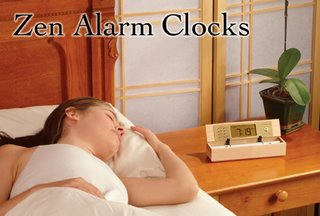
dreams
There’s evidence that creative types may find it easier to dip into the well of their dreams. In one of the largest studies on dream recall and personality traits, conducted at the University of Iowa, subjects who were inclined toward imagination and fantasy in their waking lives were much more likely to remember their dreams and to report dreams with vivid imagery.
The power dreamers also scored higher in terms of “openness,” according to researcher David Watson, who measured their inclination toward novel experiences and different perspectives.
In her book “The Committee of Sleep: How Artists, Scientists, and Athletes Use their Dreams for Creative Problem Solving — and How You Can Too,” Harvard psychologist Deirdre Barrett recounts the stories of notable artists, athletes, and inventors to capture the sly beauty of dream-generated creativity. (My favorite example: In 1844, American inventor Elias Howe, puzzling over how to design sewing machine needles, reportedly woke from a dream in which he was being chased by cannibals carrying spears with holes in their pointed tips. He realized — eureka! — that machine needles would need holes at the front end.)
Barrett has found that 50 percent of people who tell themselves before sleep that they want to dream about a certain dilemma have dreams on their chosen subjects within one week, and that half of them find helpful new information. (The solutions aren’t necessarily as world-shaking as Howe’s. One student struggling to arrange furniture in a cramped apartment woke with a clear diagram of how to fit it all.)

Ohara Koson (Shoson). 1877-1945 two carp and white lotus 1933
Recent studies at Harvard showed that people who’d spent hours playing a virtual-reality skiing game often dreamed later about aspects of the experience with a strong emotional prick — places along the course where they’d crashed, for instance — and generally performed better on the actual game after dreaming about it. It’s not exactly news to most of us that hot emotions and vexing problems tend to dominate dreams.
Believe me, I didn’t need a Ph.D. to decode the work worry in my stressful smoothie episode. But what is surprising, and to some extent vindicating to Freud, is just how emotionally beneficial our woolly night hallucinations seem to be. (Though he might be disappointed to learn how few of our dreams are overtly sexual: University of Montreal researchers, surveying 3,500 dream reports, found that just 8 percent of dreams for both men and women involved sexual activity.)
Whole Living, November 2010
Text by Louisa Kamps

gentle chime alarm clocks help you remember your dreams
Now & Zen’s Alarm Clock Store
1638 Pearl Street
Boulder, CO 80302
(800) 779-6383
Posted in Chime Alarm Clocks, Dreams, sleep